Understanding CNC: A Beginner's Guide to Computer Numeric Control
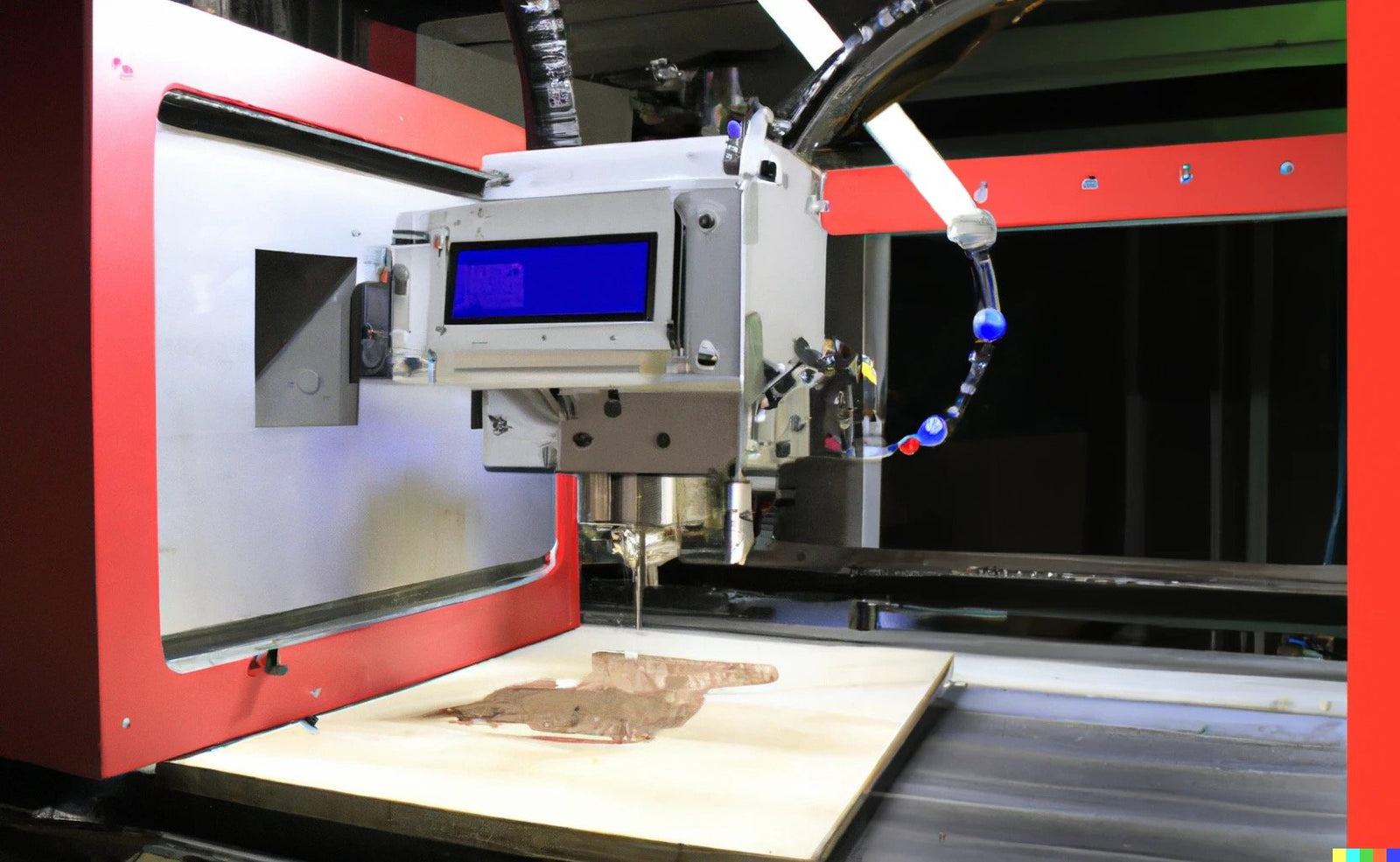
Are you curious about the latest advancements in manufacturing technology? Have you heard the term "CNC" being thrown around, but are not sure what it means? If yes, you've come to the right place! This guide will explain the basics of Computer Numeric Control (CNC) and how it is transforming the manufacturing industry.
WAYS TO SUPPORT US
What is CNC? CNC stands for Computer Numeric Control and refers to a process in which computers are used to control machine tools. In other words, CNC machines are automated tools that can be programmed to perform a specific task without the need for manual intervention. This technology is used in a wide range of industries, including aerospace, automotive, and consumer goods.
We use CNC machines every day in our small CNC manufacturing business.
Top 10 Advantages of CNC Technology
-
Increased Efficiency: CNC machines can work continuously, 24/7, with little to no downtime, increasing production efficiency and reducing costs.
-
Improved Accuracy: CNC machines are equipped with advanced sensors that can detect even the slightest variations in the manufacturing process, resulting in highly accurate and consistent products.
-
Enhanced Flexibility: CNC machines can be programmed to perform a variety of tasks, making them versatile and adaptable to different manufacturing needs.
-
Better Safety: CNC machines are equipped with safety features that reduce the risk of injury to operators, making the manufacturing process safer for everyone involved.
-
Repeatability: CNC machines can produce identical parts repeatedly, ensuring consistent quality and reducing waste.
-
Cost Savings: CNC machines can reduce the need for skilled labor and can operate more efficiently than traditional manufacturing methods, leading to significant cost savings in the long run.
-
Customization: CNC machines can be programmed to produce parts to precise specifications, making it easier to produce customized products for specific customer requirements.
-
Reduced Lead Time: CNC machines can produce parts in a matter of hours, reducing the lead time for product delivery and allowing manufacturers to respond more quickly to customer demands.
-
Enhanced Design Capabilities: CNC machines can be programmed to produce complex and intricate designs, allowing manufacturers to produce unique and high-value products.
-
Increased Capacity: With the ability to operate continuously and without the need for breaks or rest, CNC machines can increase a manufacturer's overall production capacity.

CNC technology is revolutionizing the manufacturing industry by providing increased efficiency, improved accuracy, enhanced flexibility, and better safety. Whether you're an engineer, manufacturer, or just someone interested in advancements in technology, understanding CNC machine capabilities is a valuable skill to have. We hope this beginner's guide has helped clarify the basics of CNC and how it is transforming the way products are made.
If you’d like to learn more, take our Beginners course, Learn CNC & CAM.
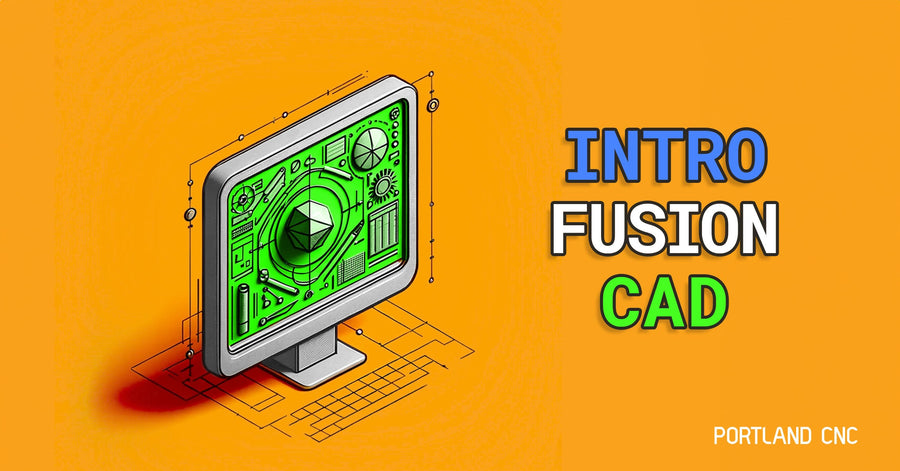
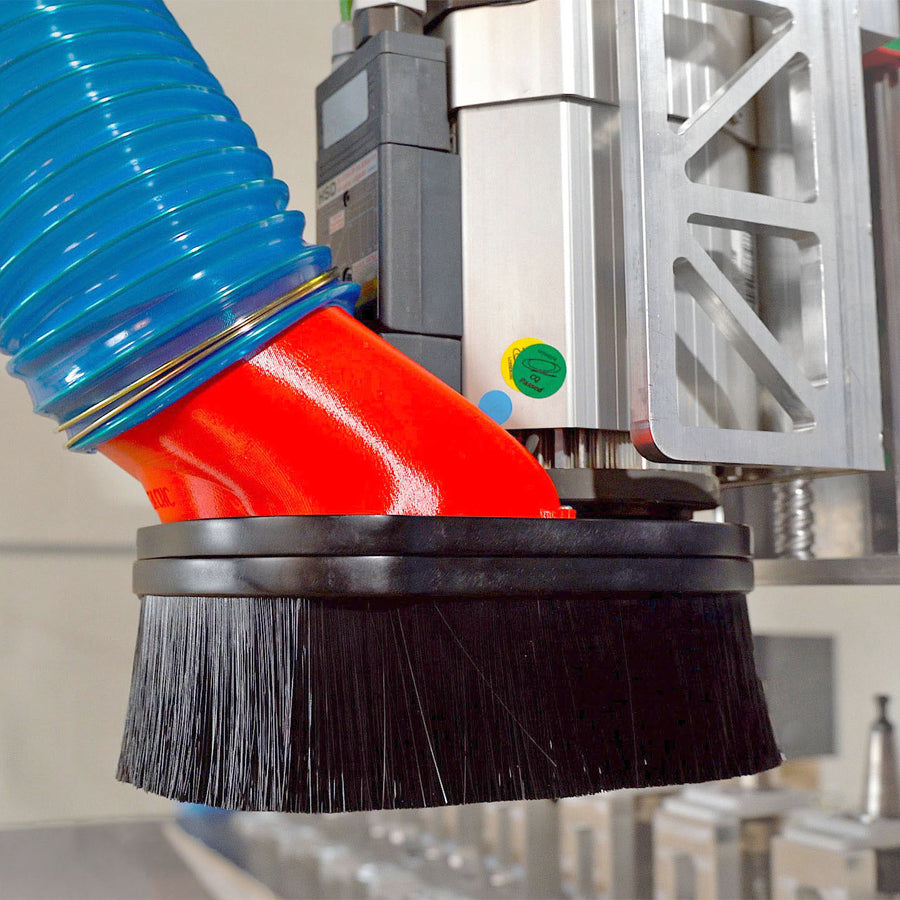










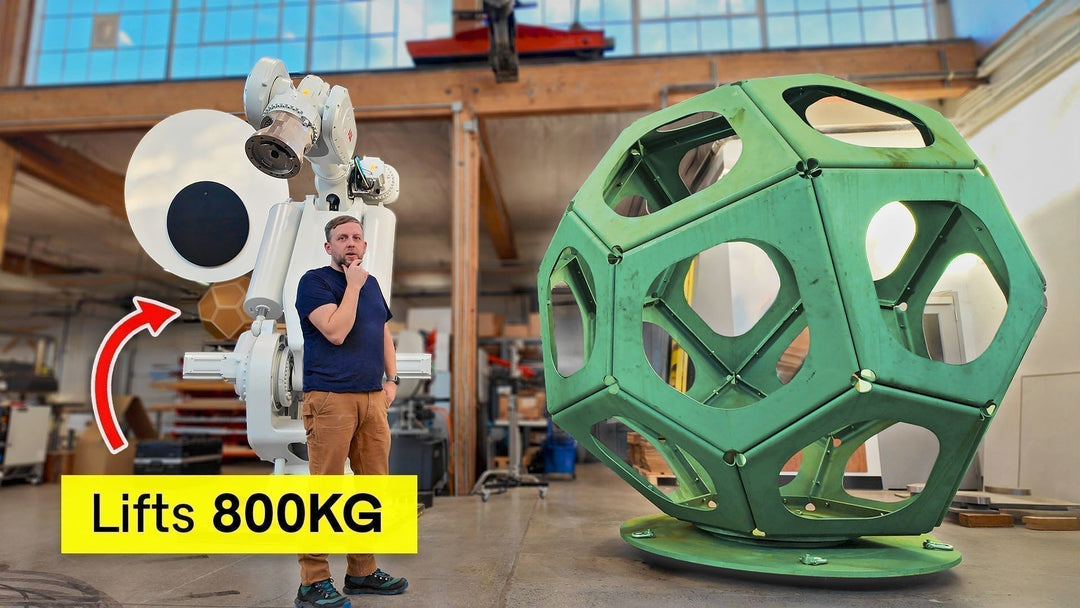
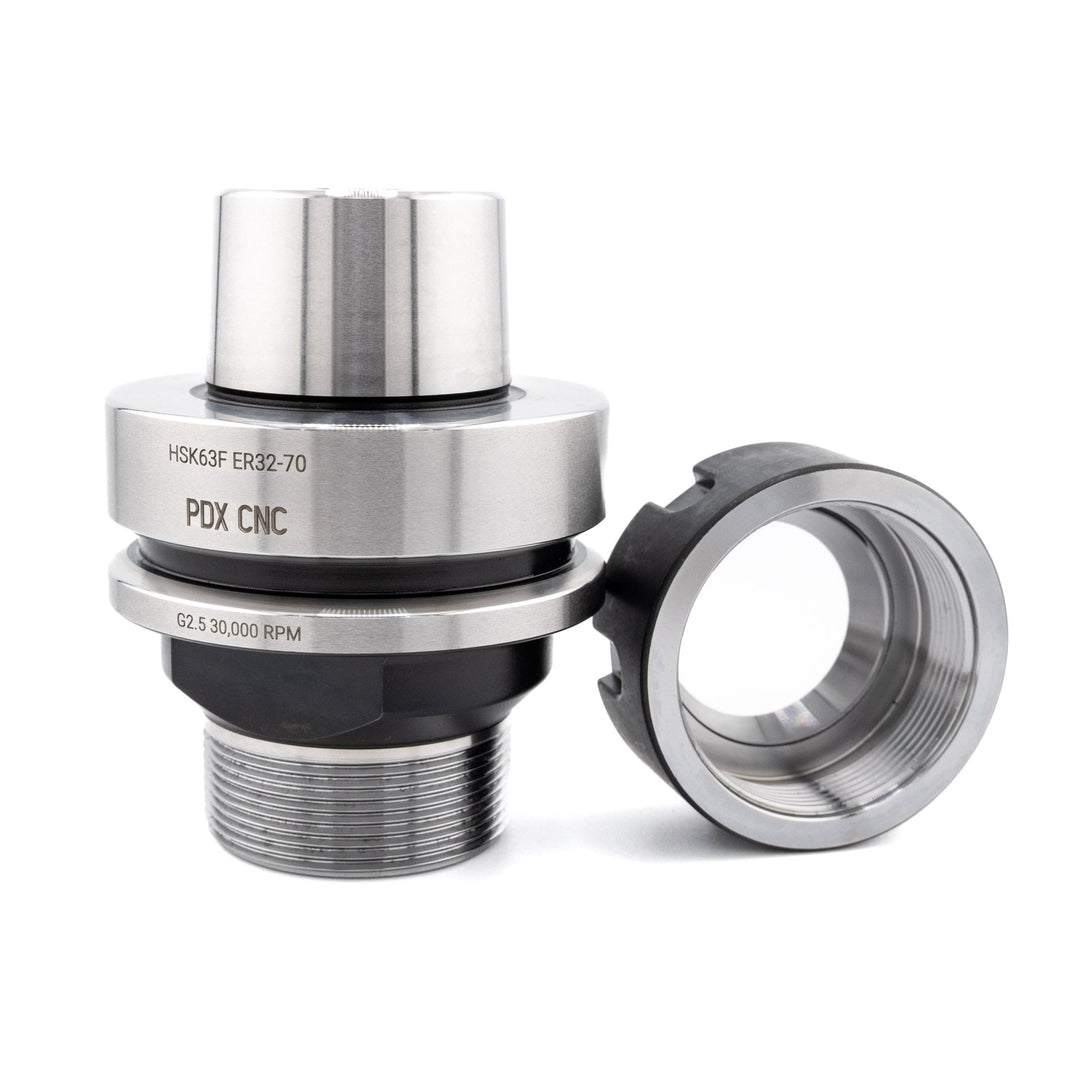
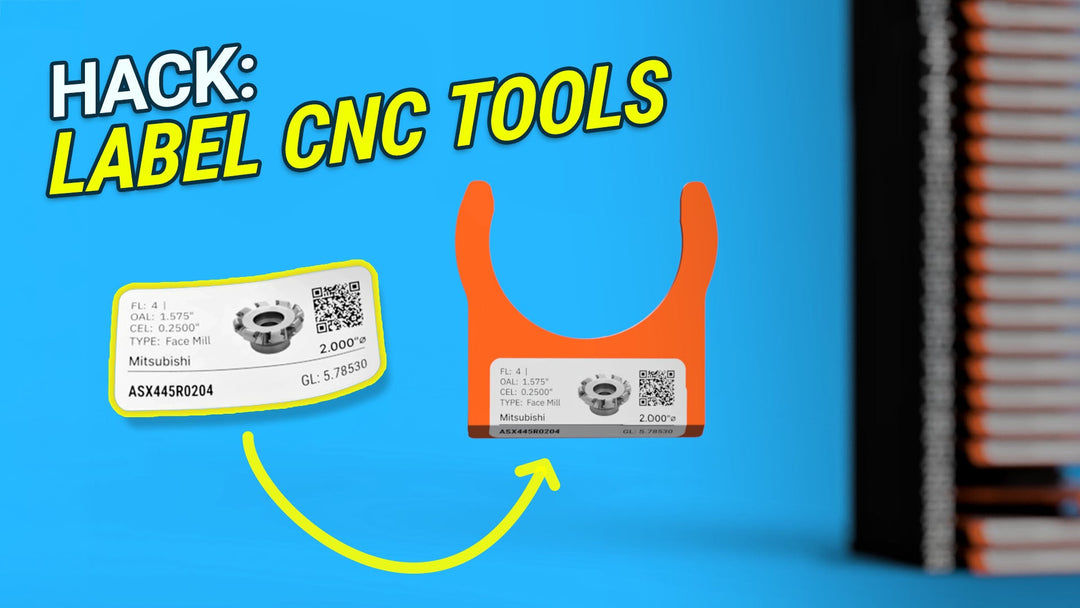
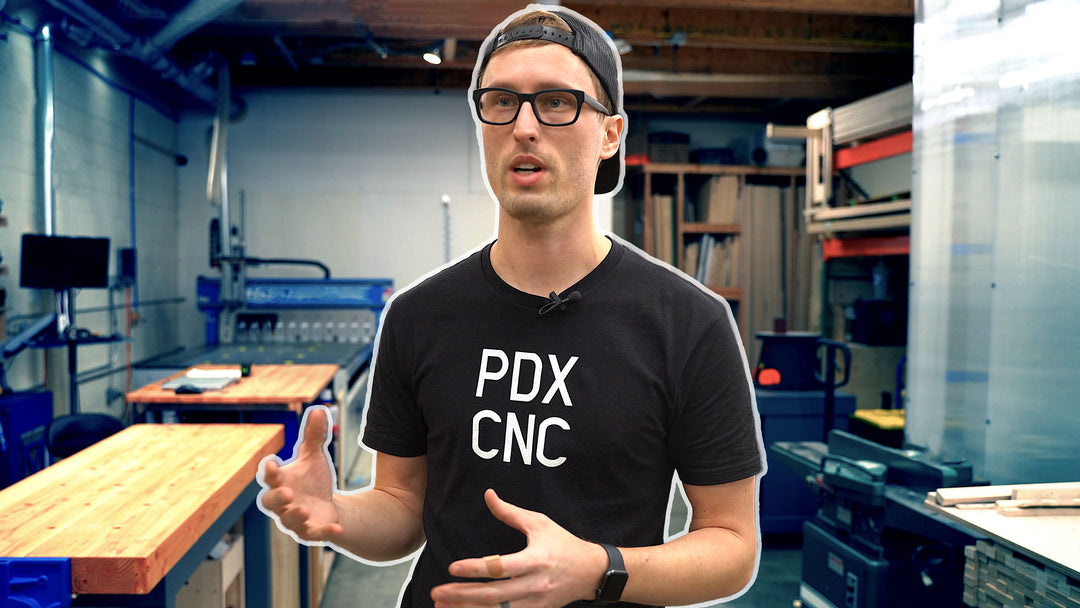

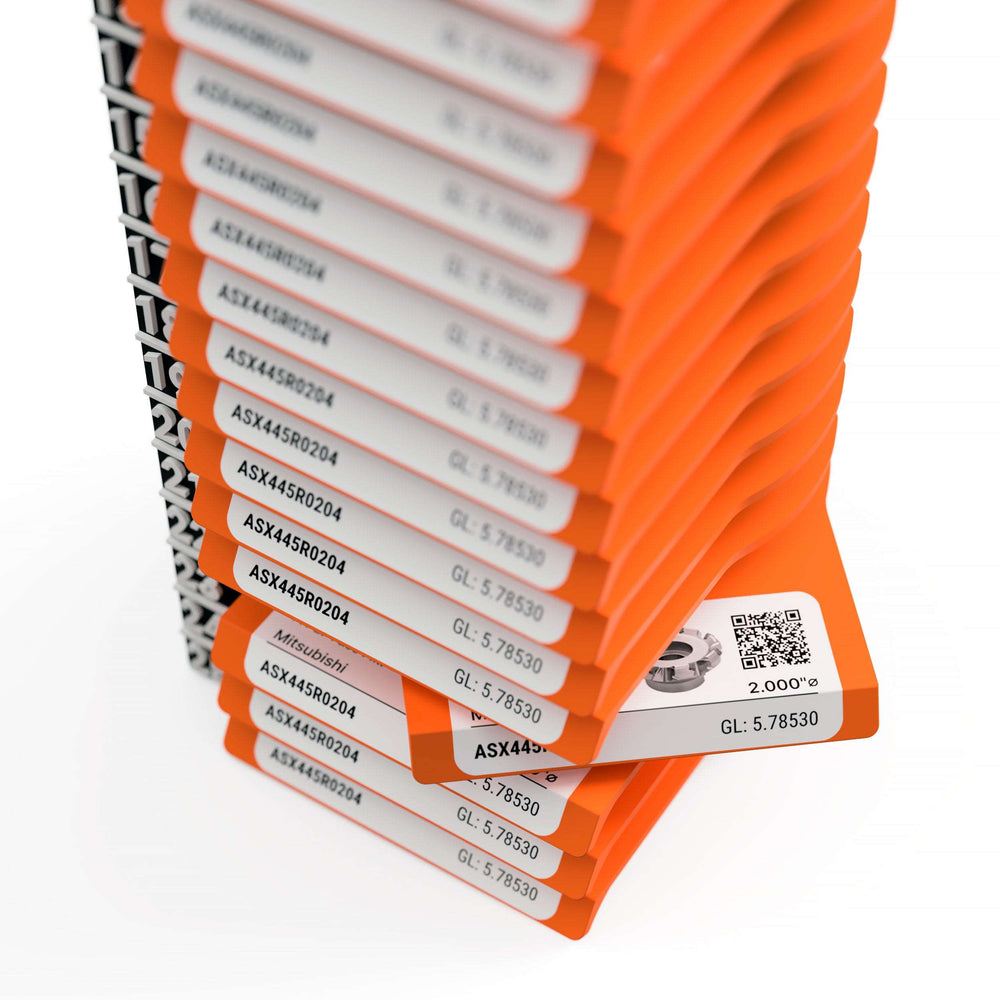

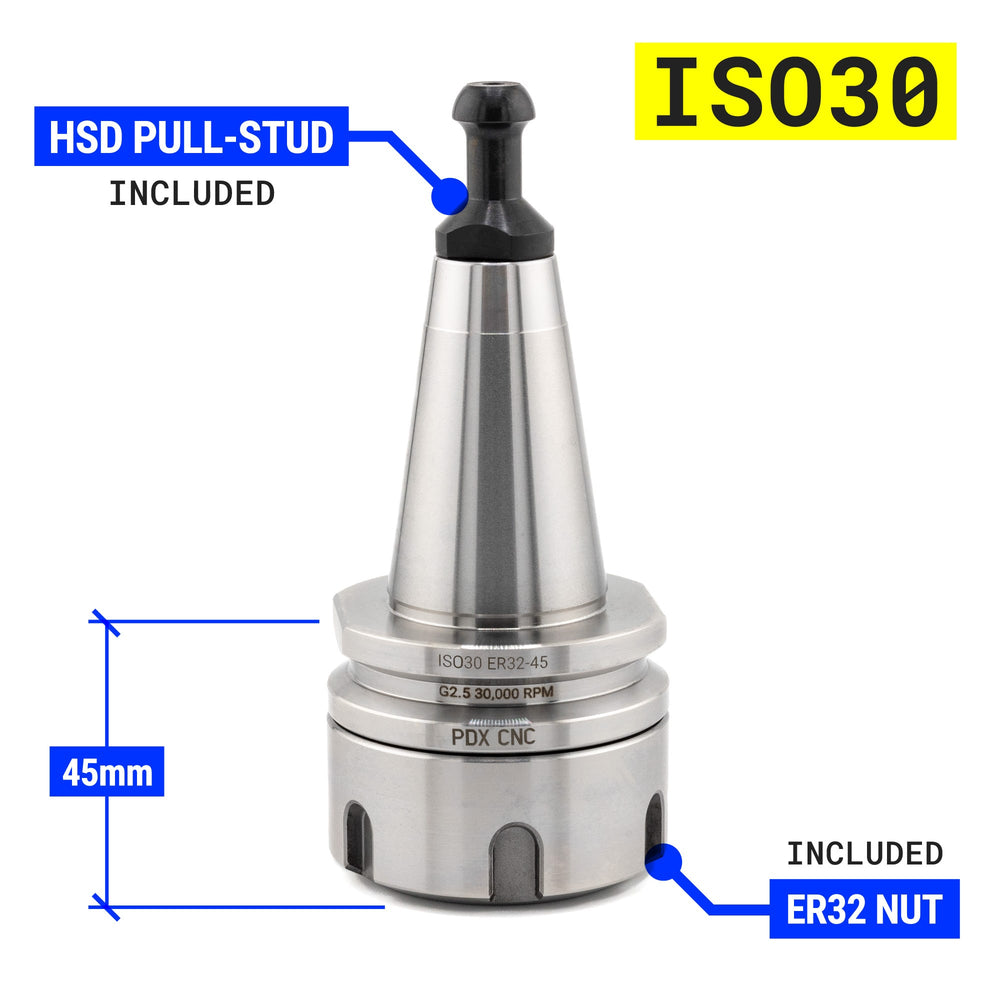

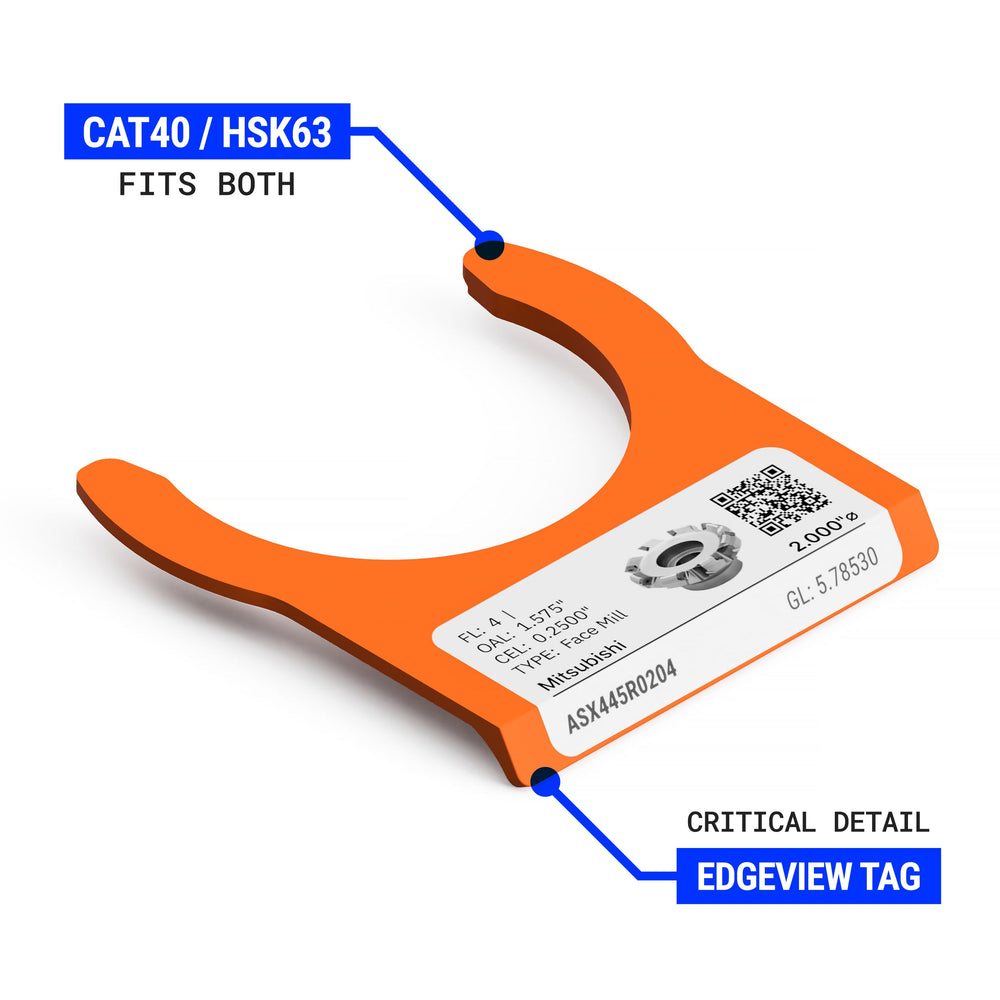

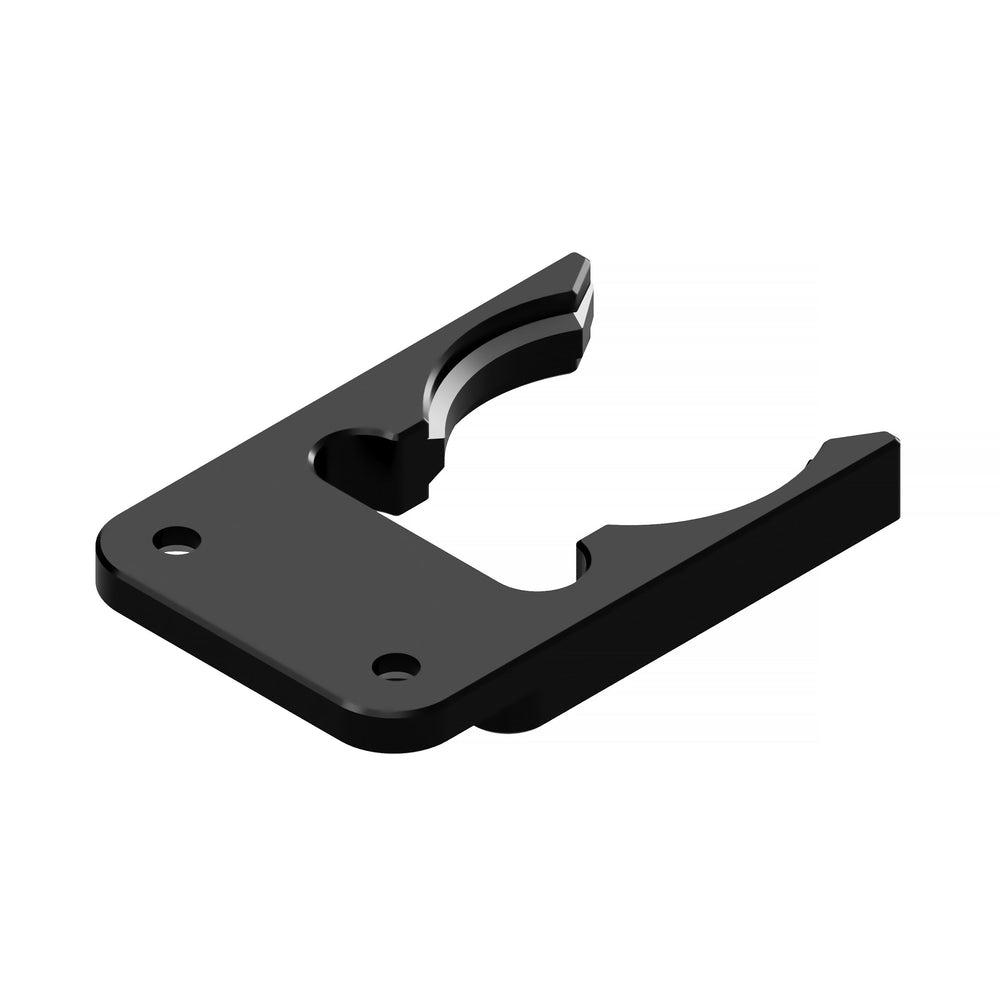


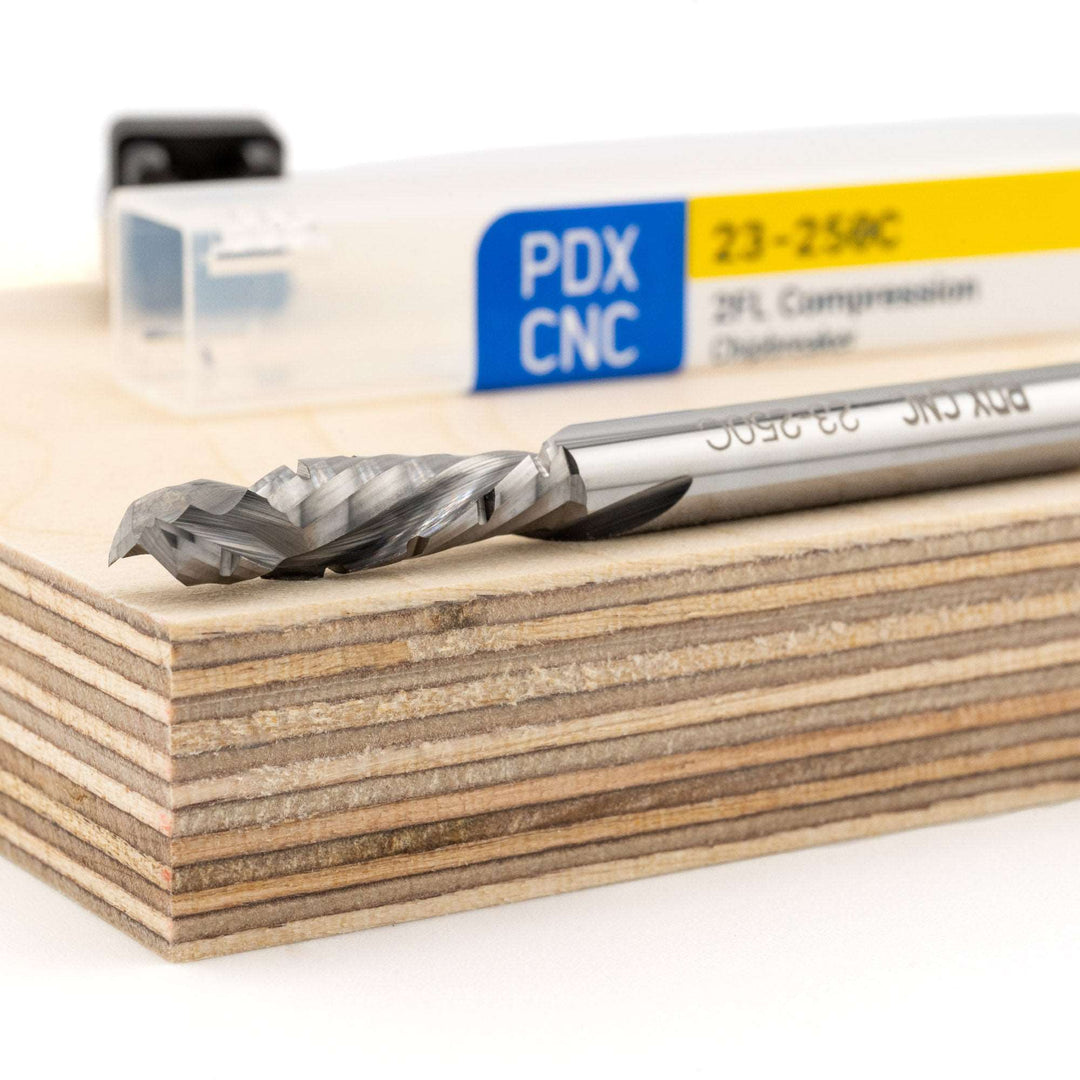
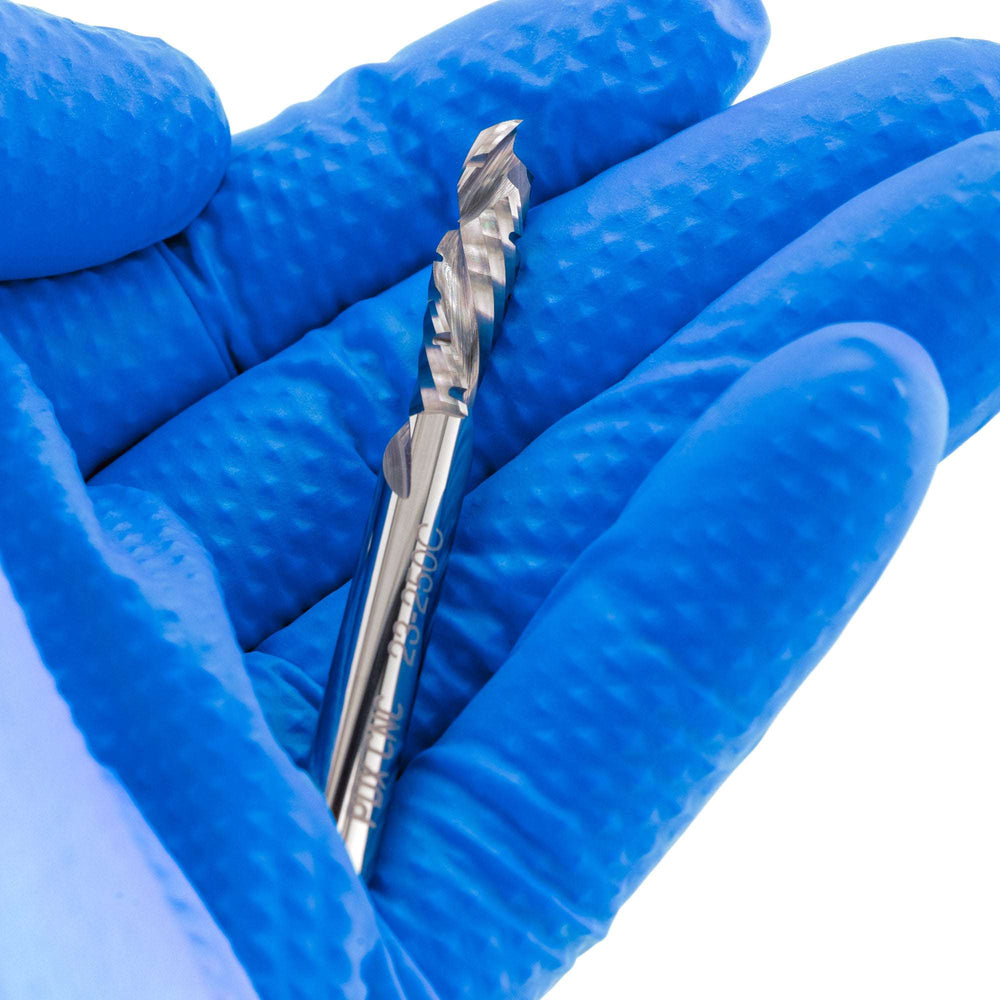

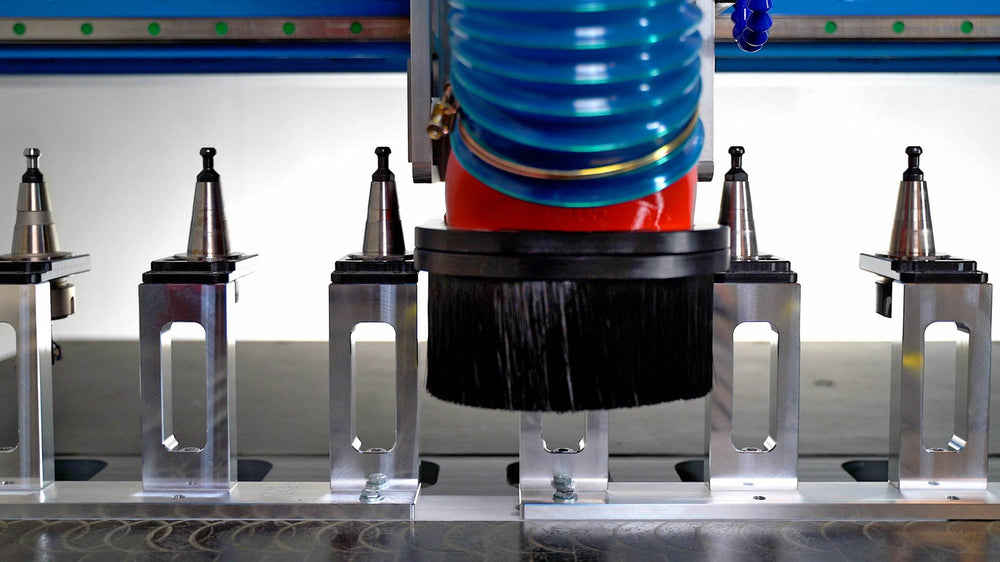


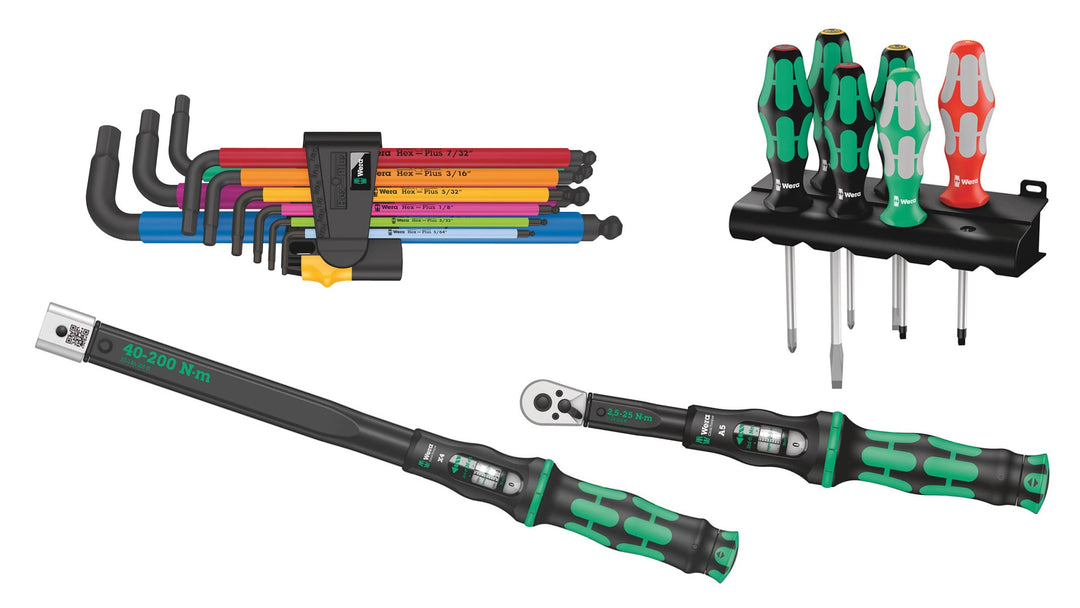
Leave a comment